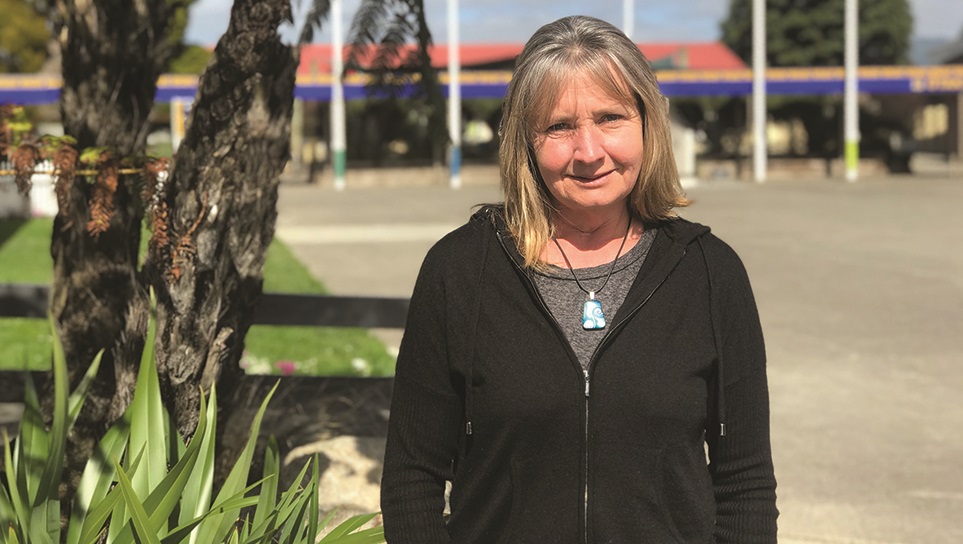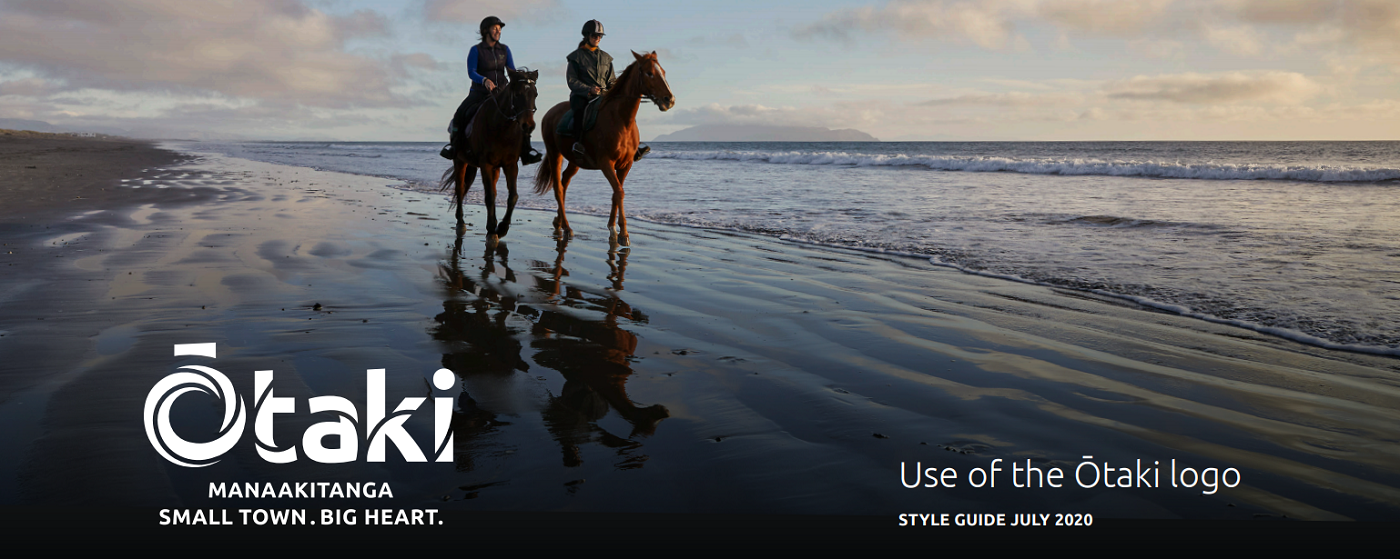
As the word “unprecedented” has become a colloquial expression in 2020, it can also be applied to the number of young people/rangatahi self-referring for counselling support.
It’s positive that rangatahi can recognise the support they need for themselves, but we need to ensure that the resource is available to meet the demand.
As a school counsellor at Ōtaki College with 15 years experience, I have always aimed not to be the “ambulance at the bottom of the cliff”. It’s important to me to be proactive in my relationships with students and staff – whether through programmes such as mentoring, peer support/mediation or student-led initiatives such as Pink Shirt Day, White Ribbon, Orange Shine and mental health awareness week. These programmes and events help to build positive school culture that promotes the well-being of young people.
As Ōtaki College has responded to and is recovering and healing from the tragic loss to suicide of two of our young people during the past four years, we have increased our resource to deal with this loss and to ensure we can respond as safely as possible to the mental health needs of our rangatahi.
Kāpiti Youth Support (KYS) is an integral part of our extended health service. They are present in our college throughout the week providing a GP/nurse clinic, psychologist and counsellor support, mentoring programmes and youth work assistance.
The mental health “protection” of being able to refer high-risk students with traumatic life backgrounds or students with depressive and anxiety symptoms has previously freed me up to deal with issues that are lower risk and to be able to triage students between services. It has also enabled me to focus towards proactive well-being programmes.
With the onset of Covid-19 and the return to the physical school environment in May, the counselling landscape has changed significantly (as it has throughout the country). Self-referrals from students have increased dramatically. Issues have included increased anxiety, depression, family separation, impacts of family mental health needs, stress about exams and future plans.
KYS now has a 4-6 week waiting time for newly referred students to receive counselling support. We also have an art therapist working with students both individually and in the group setting one day each week. She is also at capacity.
Rotary clubs on the Kāpiti Coast and Horowhenua have fund-raised extensively during the past 20 months to support the work of school counsellors. The current issue is that accessing counsellors on the Kāpiti Coast is difficult due to increased demand in the community as well.
For my role this has meant that I am “holding” the safety of several students while they are waiting for their therapy to begin. Once significant issues have come to the surface it can be difficult for students to manage their emotions. I am needing to help students to make safety plans for themselves and to have increased contact with home as required. New students are regularly walking into the counselling space and asking: “Can I please talk?”
Our teaching and support staff are well equipped and trained in noticing mental health distress and changes in student mood. They alert me to the needs of students and to assess safety. Parents are also accessing more support for their children and themselves to respond to the mental health needs of their children.
Ōtaki College has recently been part of a process of accessing “student voice” about school life. A couple of the themes reflected by students have been: the fundamental importance of friendships and relationships; a concern for the well-being of peers; and the need for more mental health services to cope with stress.
My response to this would be to establish a programme of well-being skills coaching for young people to enable them to support themselves and their peers. This would extend on the Senior Hauora/Well-being Programme that health staff have been running for senior students during the past two years.
To achieve this I would need to have time to meet with students and train them when I was not engaged in the counselling process. Currently this is not an option.
We have recently applied to the Ministry of Education Covid- 19 Urgent Response Fund to increase counsellor resource to support the demand and to promote the well-being needs of our students. We are awaiting a response.
Jo is Ōtaki College’s counsellor with a background in physical education and pastoral care, before training in counselling. She continues her involvement with sports coaching and has a strong commitment to the Ōtaki community.
LATEST POSTS
- Who was our first knight?
- Carl Lutz – farmer who loved the land, and Fordsons
- Arthur saw nature ‘with eyes of admiration’
- Ōtaki abuzz with film festival - Ōtaki Today
- Hall helps to connect and build community
- Plenty of help organisations in times of need
- Di’s QSM for services to community and environment
- Rewi’s story one of adversity in old Ōtaki
- Urban designer poses critical question - What’s the plan for Ōtaki?
- New road evokes memories of apples and steam trains
- A slick and shiny surface signals a ready expressway – almost
- Black ferns 10, NZ Rugby 0 – no contest!
- Let’s think outside the box to solve town’s problems
- A full life for proud dad Sam Doyle
- Helping navigate the crossroads of people’s lives
- Ōtaki could be even greater, if by design
- Sad day for Ōtaki
- White tui takes over in Te Horo tree
- Trust is the price we pay to stop our people dying
- After 98 years, we lose a taonga

